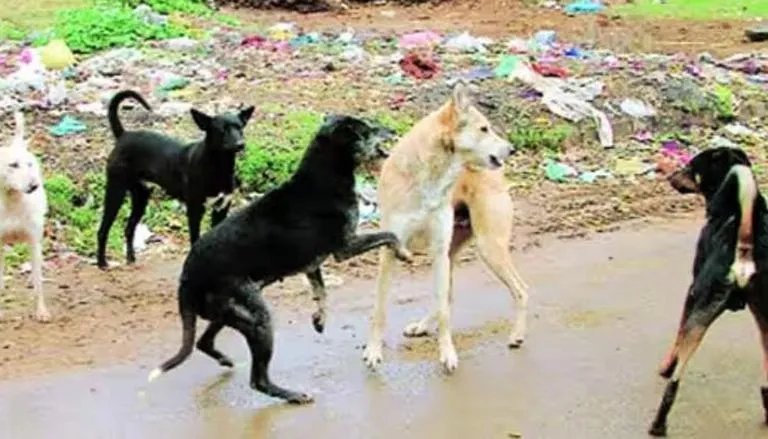August 6, 2023
Introduction
In a surprising turn of events, the Delhi Municipal Corporation (MCD) has decided to scrap its contentious plan to remove and sterilize street dogs ahead of the upcoming G20 Summit, which is set to take place in the Indian capital. The decision comes after facing strong opposition from both residents and animal rights activists.

Initially, the MCD had announced its intention to collect and sterilize street dogs from areas surrounding boutique hotels and popular tourist spots in the city, keeping them at NGOs until the conclusion of the summit. However, the proposal was met with widespread criticism from residents who value the presence of street dogs, as well as from activists advocating for animal rights.
No reason provided for the change of plans
Over the weekend, the MCD officially dropped the plan without providing a specific reason for the reversal. The abrupt change was confirmed by an official statement released by the Department of Veterinary Services, which stated that the sterilization of stray dogs would commence on August 4 and continue until August 30. The statement also outlined that the collected stray dogs would be temporarily housed at Animal Birth Control (ABC) centers run by NGOs and private veterinary doctors.
India’s Livestock Census of 2012 indicated that more than 60,000 stray dogs reside on Delhi’s streets, reflecting the complex relationship between humans and street dogs in the country. While these dogs are often cherished and cared for by local communities, incidents of aggressive behavior and attacks on children by dog packs have also been reported.
The nation faces an annual average of roughly 17 million reported dog bites, with nearly 20,000 deaths due to rabies each year, according to the World Health Organization. In response to these challenges, the MCD has historically employed sterilization campaigns to manage the street dog population. Despite these efforts, dog packs continue to exist in parks and residential areas around the city.
The context of the G20 Summit, for which India has undertaken an extensive beautification initiative since assuming the presidency last year, adds an additional layer to the situation. As authorities work to revamp major roads and clear illegal slums near the summit venues, the decision to abandon the street dog removal plan underscores the importance of balancing beautification efforts with the concerns and values of the local populace.
Conclusion
As the G20 Summit approaches, the delicate interplay between urban development, animal welfare, and public sentiment remains a key consideration for Delhi’s municipal authorities. The decision to halt the controversial street dog removal plan highlights the significance of engaging with citizens and activists to arrive at solutions that reflect the diverse interests of the city’s population.









